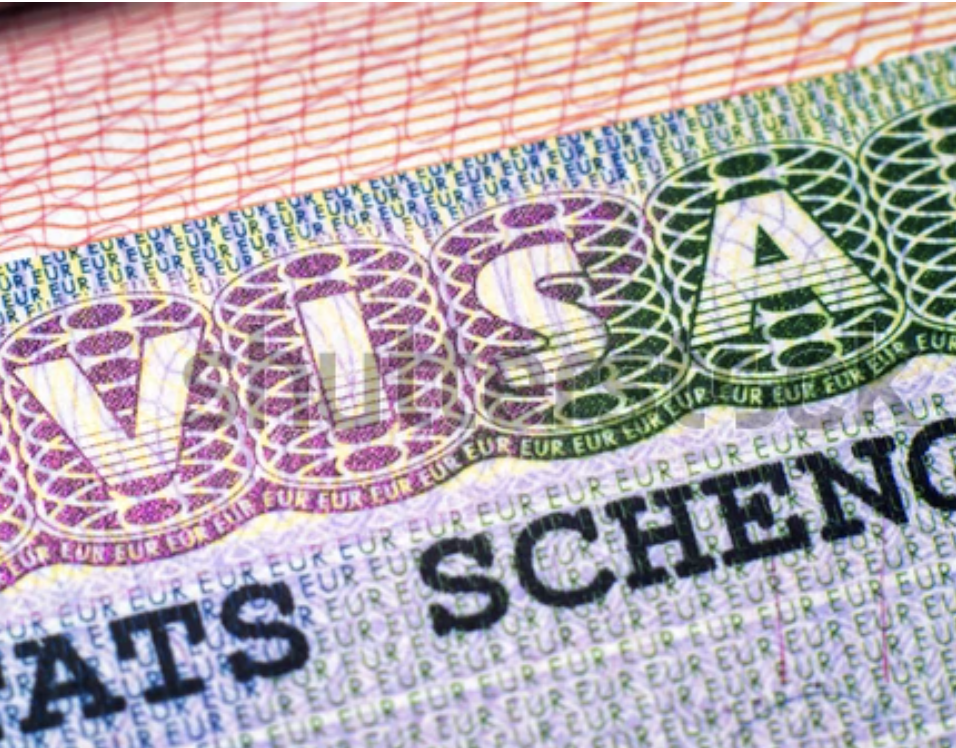On April 22, 2020, President Trump issued a proclamation “Suspending Entry of Immigrants Who Present Risk to the U.S. Labor Market During the Economic Recovery Following the COVID-19 Outbreak.”
The proclamation went into effect April 23, 2020 at 11:59 PM (ET).
The proclamation suspends the entry of certain Immigrants into the U.S. for a period of 60 days from the effective date. Certain categories of individuals are exempt from the suspension including current lawful permanent residents, spouses and children (under 21) of U.S. citizens, and those with valid Immigrant Visas, among others.
The order does not affect the filing or processing of applications for Adjustment of Status (I-485 Applications) by U.S. Citizenship and Immigration Services (“USCIS”) in the U.S.
Nonimmigrant visa holders are not included in the President’s proclamation.
Clients should contact their Barst attorney with any questions regarding the impact of this Presidential Proclamation. General inquiries or requests to set up a consultation may be made using info@bmkllp.com or by calling (212) 686-3838.
Who is effected by the suspension?
The proclamation suspends the entry of any individual who seeks to enter the United States as an Immigrant who:
- Is outside the United States on the effective date of the proclamation;
- Does not have a valid Immigrant Visa on the effective date; and
- Does not have a valid official Travel Document (such as a transportation letter, boarding foil, or advance parole document) on the effective date, or issued on any date thereafter that permits travel to the United States to seek entry or admission.
How long will the suspension last?
The proclamation will expire 60 days from its effective date. However, it may be continued as necessary.
Within 50 days from the effective date, the Secretary of the DHS will, in consultation with the Secretaries of State and the Secretary of Labor, recommend whether the President should continue or modify the proclamation.
Which categories of individuals are exempt from the suspension?
The following categories of individuals are exempted from the proclamation:
- Lawful permanent residents (“LPR”);
- Individuals and their spouses or children (under age 21) seeking to enter the U.S. on an Immigrant Visa as a physician, nurse, or other healthcare professional “to perform medical research or other research intended to combat the spread of COVID-19; or to perform work essential to combating, recovering from, or otherwise alleviating the effects of the COVID-19 outbreak, as determined by the Secretary of State, the Secretary of Homeland Security, or their respective designees;”
- Individuals applying for a visa to enter the U.S. under the EB-5 Immigrant Investor Visa Program;
- Spouses of U.S. citizens;
- Children of U.S. citizens under age 21 and prospective adoptees seeking to enter the U.S. on an IR-4 or IH-4 visa;
- Individuals whose entry “would further important United States law enforcement objectives, as determined by the Secretary of State, the Secretary of Homeland Security, or their respective designees, based on a recommendation of the Attorney General or his designee;”
- Members of the U.S. Armed Forces and any spouse and children of a member of the U.S. Armed Forces;
- Individuals and their spouses or children eligible for Special Immigrant Visas as an Afghan or Iraqi translator/interpreter or U.S. Government Employee pursuant to SI or SQ classification;
- Individuals whose entry “would be in the national interest, as determined by the Secretary of State, the Secretary of Homeland Security, or their respective designees.”
The consular officer shall have the discretion to determine whether an individual is within a category which is exempt from the suspension.
The proclamation states that individuals who circumvent the application of the proclamation through fraud, willful misrepresentation of a material fact, or illegal entry shall be prioritized for removal from the U.S. by DHS.
What other categories of individuals are not included in the proclamation?
Nonimmigrant visa holders are not included in the President’s proclamation.
However, the proclamation does state that within 30 days of the effective date, the Secretary of Labor and the Secretary of DHS are required to review nonimmigrant programs and recommend to the President “other measures appropriate to stimulate the United States economy and ensure the prioritization, hiring, and employment of United States workers.”
Asylum seekers are also not included in the suspension. The proclamation does not “limit the ability of an individual to seek asylum, refugee status, withholding of removal, or protection under the Convention Against Torture” consistent with U.S. law.
Barst will continue to provide updates regarding the implementation of the proclamation as more information becomes available.


